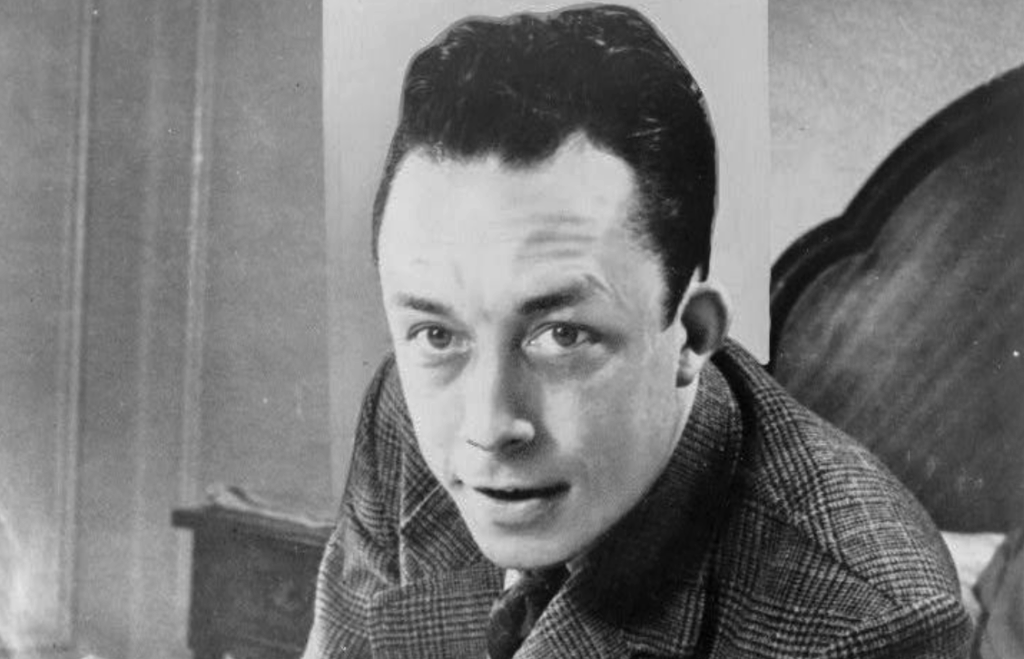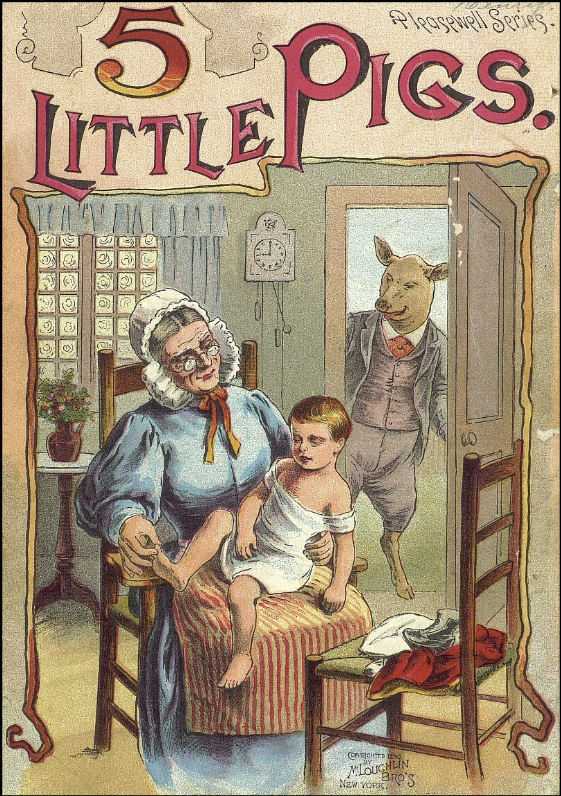When Albert Camus won the Nobel Prize, he wrote a letter to one of his old schoolteachers. “I let the commotion around me these days subside a bit before speaking to you from the bottom of my heart,” the letter begins. “I have just been given far too great an honor, one I neither sought nor solicited. But when I heard the news, my first thought, after my mother, was of you.” For it was from this teacher, a certain Louis Germain, that the young, fatherless Camus received the guidance he needed. “Without you, without the affectionate hand you extended to the small poor child that I was, without your teaching and example, none of all this would have happened.”
Camus ends the letter by assuring Monsieur Germain that “your efforts, your work, and the generous heart you put into it still live in one of your little schoolboys who, despite the years, has never stopped being your grateful pupil.”
In response, Germain recalls his memories of Camus as an unaffected, optimistic pupil. “I think I well know the nice little fellow you were, and very often the child contains the seed of the man he will become,” he writes. Whatever the process of intellectual and artistic evolution over the 30 years or so between leaving the classroom and winning the Nobel, “it gives me very great satisfaction to see that your fame has not gone to your head. You have remained Camus: bravo.”
It isn’t hard to understand why Camus’ letter to his teacher would resonate with the footballer Ian Wright, who reads it aloud in the Letters Live video at the top of the post. A 2005 documentary on his life and career produced the early viral video above, a clip capturing the moment of Wright’s unexpected reunion with his own academic father figure, Sydney Pigden. Coming face to face with his old mentor, who he’d assumed had died, Wright instinctively removes his cap and addresses him as “Mr. Pigden.” In that moment, the student-teacher relationship resumes: “I’m so glad you’ve done so well with yourself,” says Pigden, a sentiment not dissimilar to the one Monsieur Germain expressed to Camus. Most of us, no matter how long we’ve been out of school, have a teacher we hope to do proud; some of us, whether we know it or not, have been that teacher.
Related Content:
Based in Seoul, Colin Marshall writes and broadcasts on cities, language, and culture. His projects include the Substack newsletter Books on Cities and the book The Stateless City: a Walk through 21st-Century Los Angeles. Follow him on the social network formerly known as Twitter at @colinmarshall.








